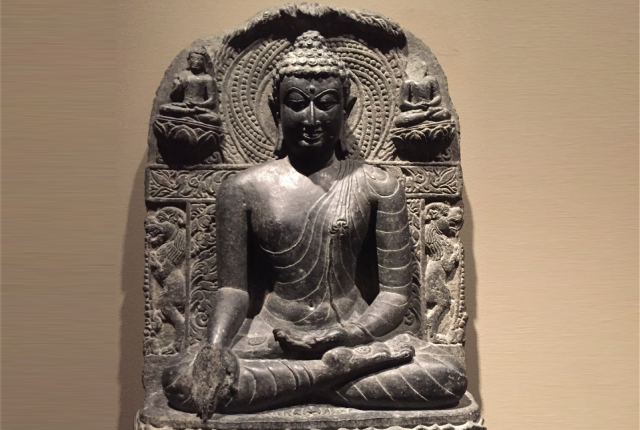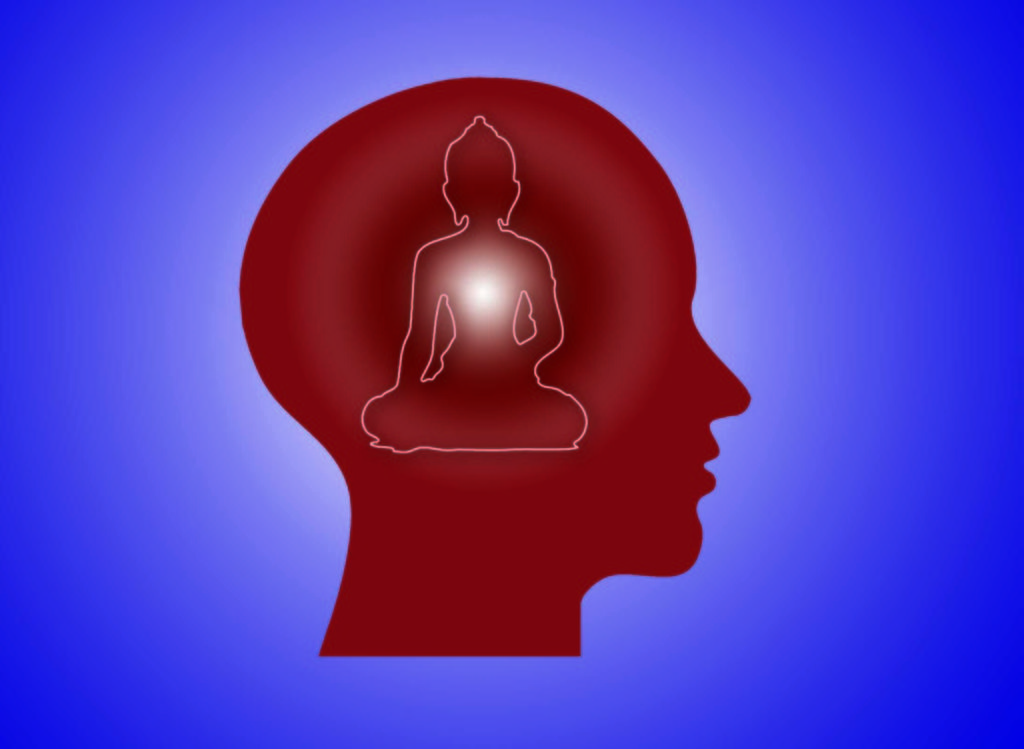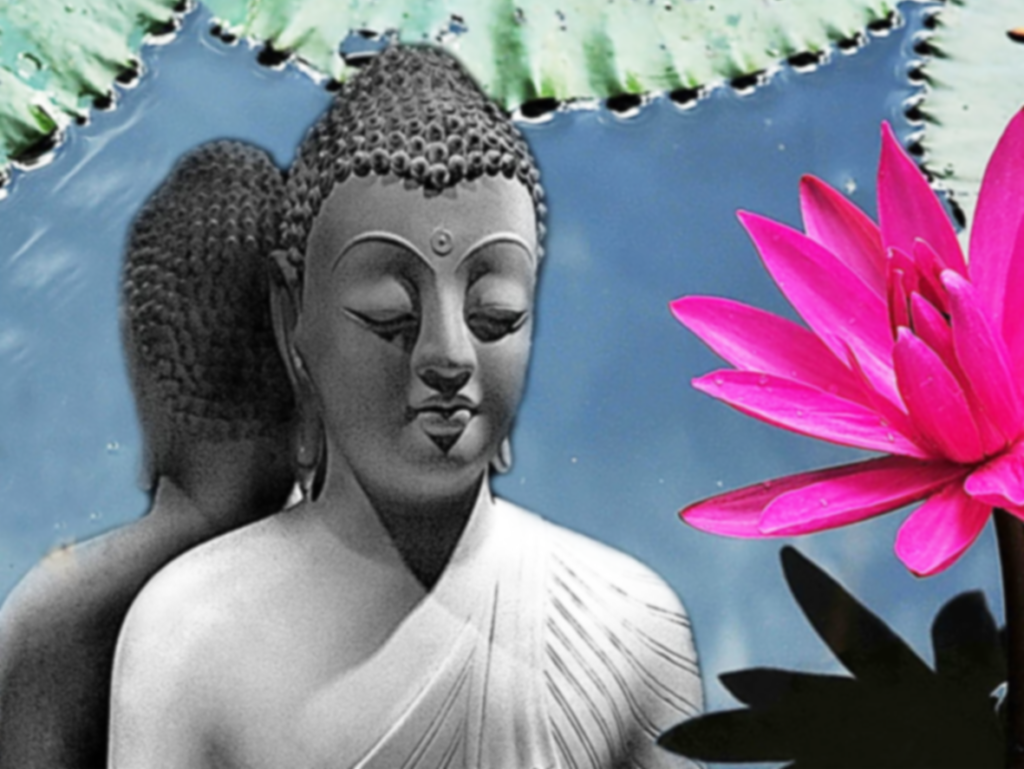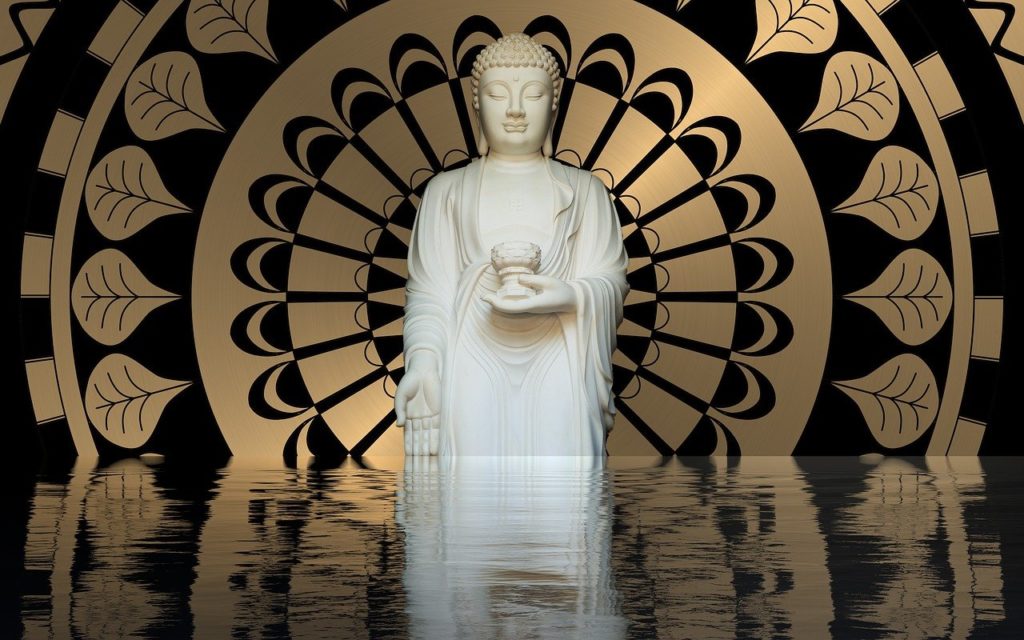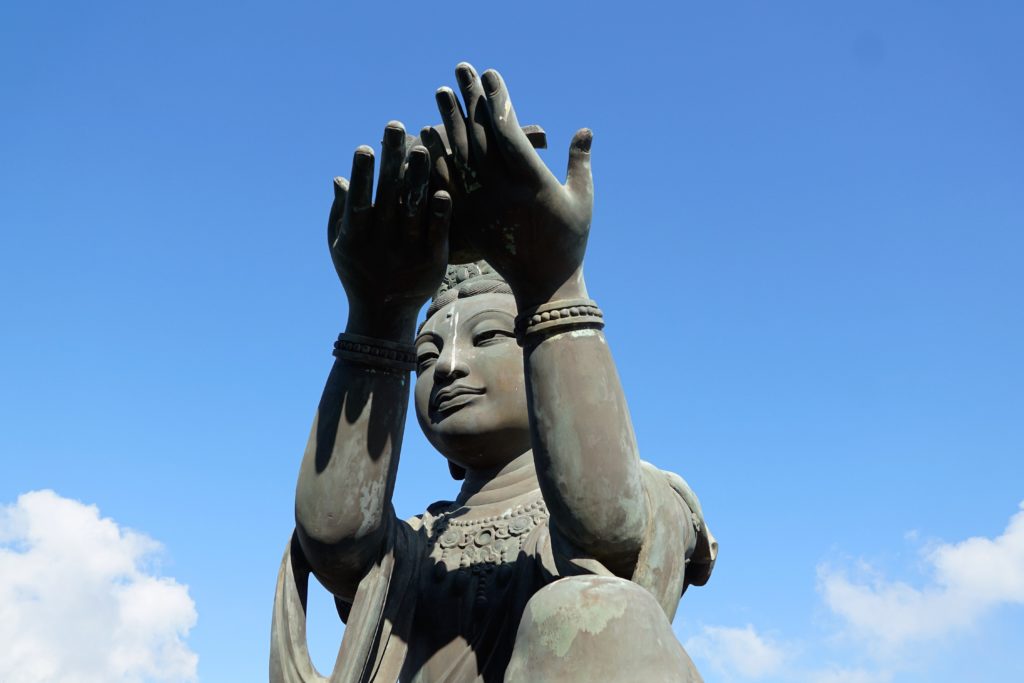
In this modern world, people are constantly saying, “Life is too stressful!” Why are people so stressed out? How can we rid ourselves of stress? Students feel stressed because of heavy schoolwork; parents feel stressed because they have too many chores and family obligations; policemen feel stressed because they have too much work; and workers feel stressed and are unhappy because their work hours are too long.
Stress—it is the same for everyone, regardless of age. We all feel the impact of stress in our daily lives. Tenants cannot afford to pay rent at the end of the month. Parents think their children do not listen to them and feel pressured by the task of raising them. Husbands and wives are suspicious of one another, skeptical of their relationships as well as the faithfulness of their partners. They experience stress in marriage. Grocers are challenged by business competition, and street-sweepers are repulsed by filthiness every morning they go to work.
Actually many things around us contribute to stress in our daily lives; for instance, stress from disappointments, obstacles, poverty, our jobs, ailments, relationships, and even death. Stress is everywhere. There are even sources of stress inside us; for example, stress from feeling emptiness, jealousy, depression, hatred, ignorance, evil thoughts, and vengeance. Taken together, the stresses of everyday life seem insurmountable.
However, stress does not only result from negative matters. Good things in life can also be stressful, such as stress from possessions, beauty, power, gratitude, success, and so forth. The seemingly endless universe is limited, but stress is truly limitless. Some people are overwhelmed by stress and yield to physical fatigue, poor motivation, suicidal tendencies, or mental confusion. If you would like to rid yourself of stress, the following are some recommendations:
- Enhance your knowledge and wisdom by observing and learning from what happens around you. By gaining further knowledge and deepening your understanding, you can reduce stress.
- Be optimistic, cheerful, and carefree! Open your heart as wide as the ocean, so you can embrace the universe. Be optimistic about everything and do not overburden yourself, and you will eventually alleviate stress.
- Develop the ability to let go. Like a piece of luggage, carry it only when you need it. However, when you do not need it, put it away and let go. Do not compare or calculate, and you will eventually dissipate stress.
- Befriend stress. Be willing to accept stress as a part of you and a part of life. Why bother fighting it?
- Make use of every opportunity to rest and go with the flow. When you do not ask for stress or resent it, stress will eventually disappear.
- Place more emphasis on enhancing patience, compassion, and wisdom by cultivating the self. Let us train ourselves to challenge and take on stress. Then, it will eventually be dispelled. Every Buddhist should cultivate concentration, wisdom, right thoughts, and good reasoning. There is a Chinese saying, “When enemy troops invade, the commanding generals resist; when floods come, the earth will counter.” So, where is stress?
From All in a Thought, written by Venerable Master Hsing Yun.
Image from Pixabay.

